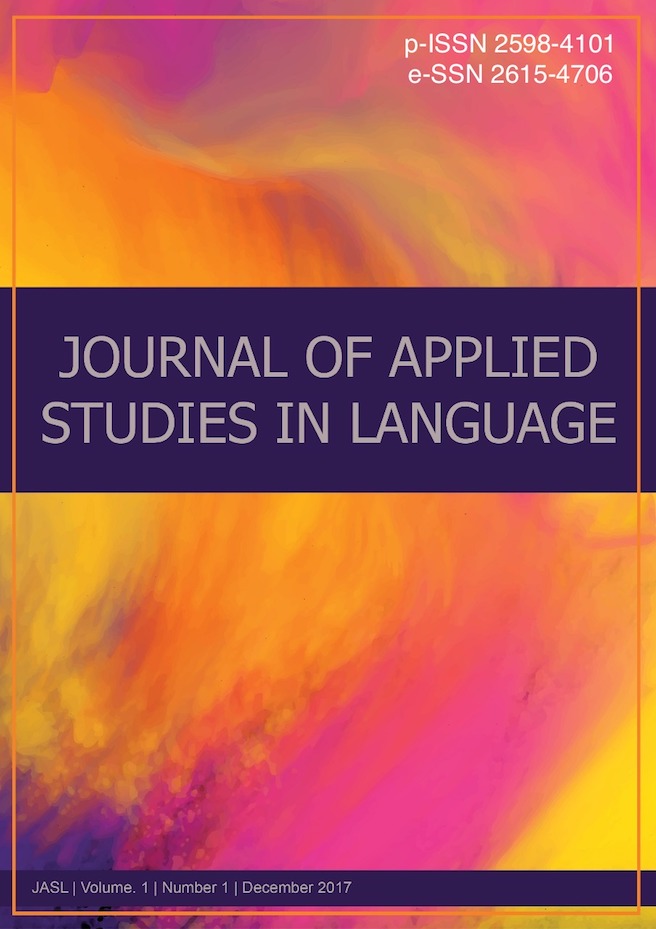A speech act analysis of politeness strategies in Yoruba abiku names
Abstract
Politeness is a phenomenon that seeks to mitigate the potential destructiveness of face-threatening acts (FTAs) in human interaction. Àbíkú is children who die repeatedly at infancy. Names given to àbíkú could be politely or impolitely crafted by the parents. The aim of this study is to do a speech act analysis of the force of perlocution in àbíkú names. The specific objectives were to identify the FTAs in àbíkú names; determine the weight of seriousness of FTAs in the names; examine the names and present the directness and indirectness of the utterances, and explain how the meaning of these names are used to solve the mysteries therein. The random sampling technique was used in collecting relevant data from traditional medicine practitioners and elderly members of the Yoruba speaking population reputed to have special knowledge of Abiku. Brown and Levinson's model of Politeness Strategies and Searle's taxonomy of illocutionary acts were used as tools of analysis. The study revealed that politeness strategies are not only used for FTAs, they are also used to maintain a social relationship between interlocutors. We concluded that there are social factors influencing the weight of the seriousness of FTAs in àbíkú names for a better understanding.










